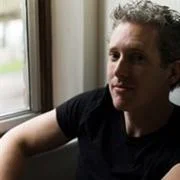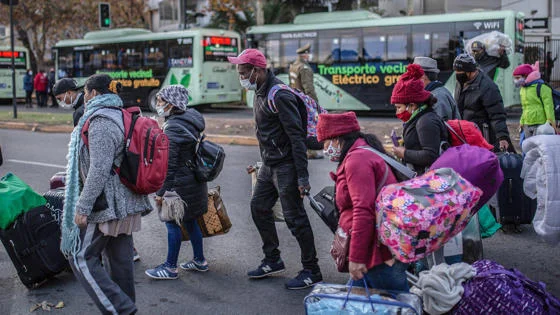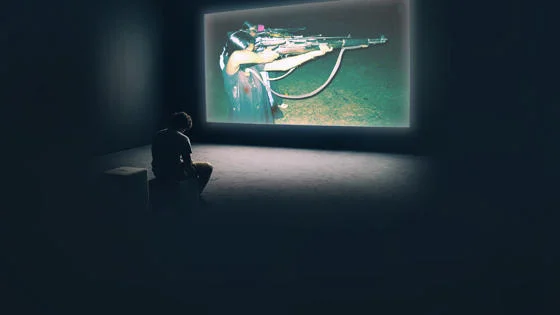Why the move towards settled communities is changing Amazonian concepts of justice
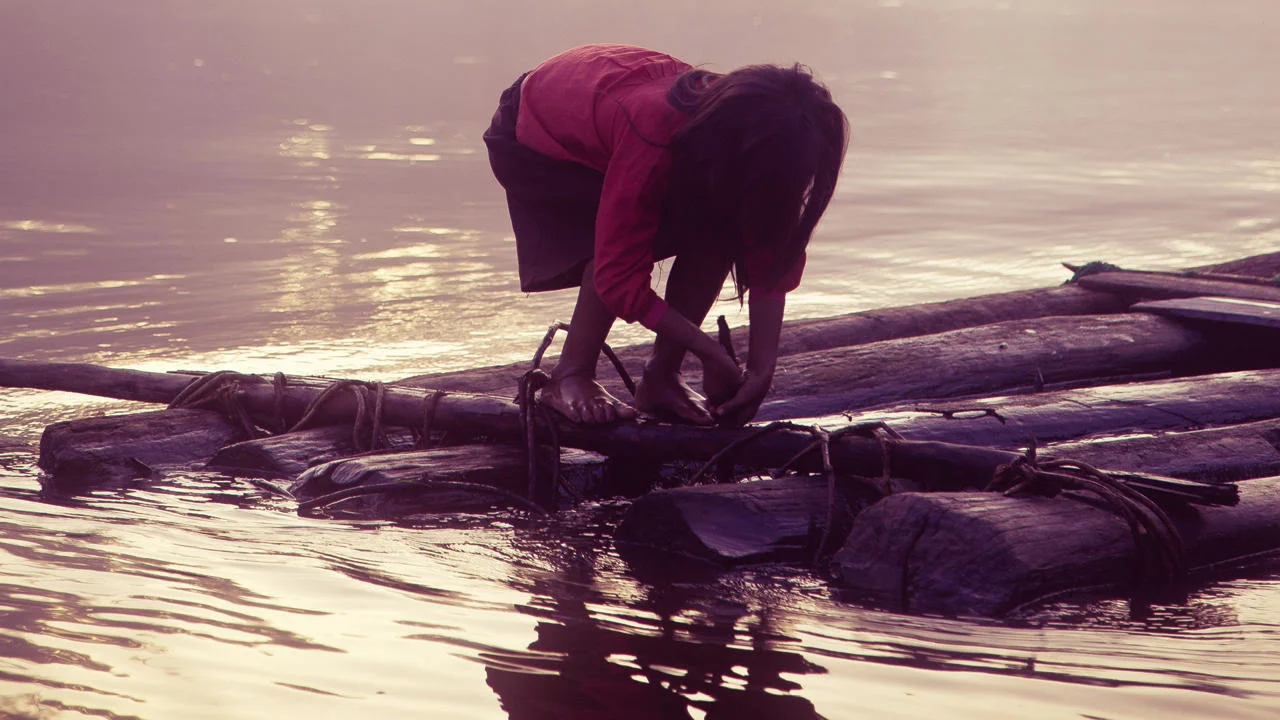
Contents
- Understanding the Amazonian approach to justice
- Living with the Urarina: the methods of a social anthropologist
- The emotions of "justice" in the lauri
- The "Native Community": a new social contract?
- Living in communities has meant developing new skills for getting along with others
- Moralities of cooperation
My current research began as an attempt to interrogate one of the central concepts in Western political and moral thought, namely the concept of "justice", from an anthropological perspective.
Justice, as defined by Aristotle, is the principle that equals should be treated equally, whereas unequals are appropriately treated unequally. In the 20th century, the concept took on new life with the publication of John Rawls’ influential book A Theory of Justice, which framed justice as a matter of "fairness", a virtue of impartial institutions that ensure people can pursue their own interests on an equal footing with others, with equal basic rights and liberties.
The influence of this tradition of thought has been immense. Justice is central to the self-image of Western liberal democracies, while developmental psychologists have posited a series of "stages" of the moral development of children. The "highest" stage comprises a capacity for abstract reasoning based on universal ethical principles such as equality or fairness.
Having worked extensively over the past 15 years with native Amazonian peoples, I find this valorisation of abstract moral reasoning, based on principles of impartiality or merit, to be disconcertingly ethnocentric. It takes some of the specific ideals of Western, industrialised, liberal democratic societies as representing the pinnacle of human moral development, and relegates to an inferior or "earlier" level the moral outlooks embodied by peoples with very different ways of living and organising their social worlds – placing them effectively on a par with Western children.
Notions like fairness or merit – so central to our own way of thinking about morality – appear to have relatively little relevance to Amazonian people…[but] defining people in terms of what they lack is intellectually lazy.
Understanding the Amazonian approach to justice
Is it really correct, to say that Amazonian peoples "lack" a developed sense of justice as we know it? This has been one implication of recent research, where attempts to run economic experiments with Amazonian peoples such as the Peruvian Matsigenka have led researchers to conclude that they appear to lack a strongly developed sense of fairness you would find elsewhere.
While I’d agree that notions like fairness or merit – so central to our own way of thinking about morality – appear to have relatively little relevance to Amazonian peoples (I don’t think you’d get far in an Amazonian village by complaining that something "isn’t fair" for example), defining people in terms of what they lack is intellectually lazy. And in any case, many anthropologists have described Amazonian peoples as "egalitarian", which implies a sense of justice. And there’s no shortage of strong feelings such as indignation, righteous anger, or a thirst for vengeance when wronged within Amazonian communities.
But the "egalitarian" label also seems problematic to me, not least because it’s so different from the position known as egalitarianism in Western philosophical thought. Amazonian peoples may not reflect explicitly on their own cultural practices and are unlikely to set out their ideas explicitly, or discursively. This poses a significant methodological and conceptual challenge, if we hope – as I do - to take their moral and political thought seriously, and bring it into critical dialogue with the Western tradition in order to see what we might learn from them.
A breakthrough moment, for me, came when I realised that studying emotions could be a powerful way forward, because emotions can themselves be moral judgements, and, as such, be integral to the idea and pursuit of justice in everyday life.
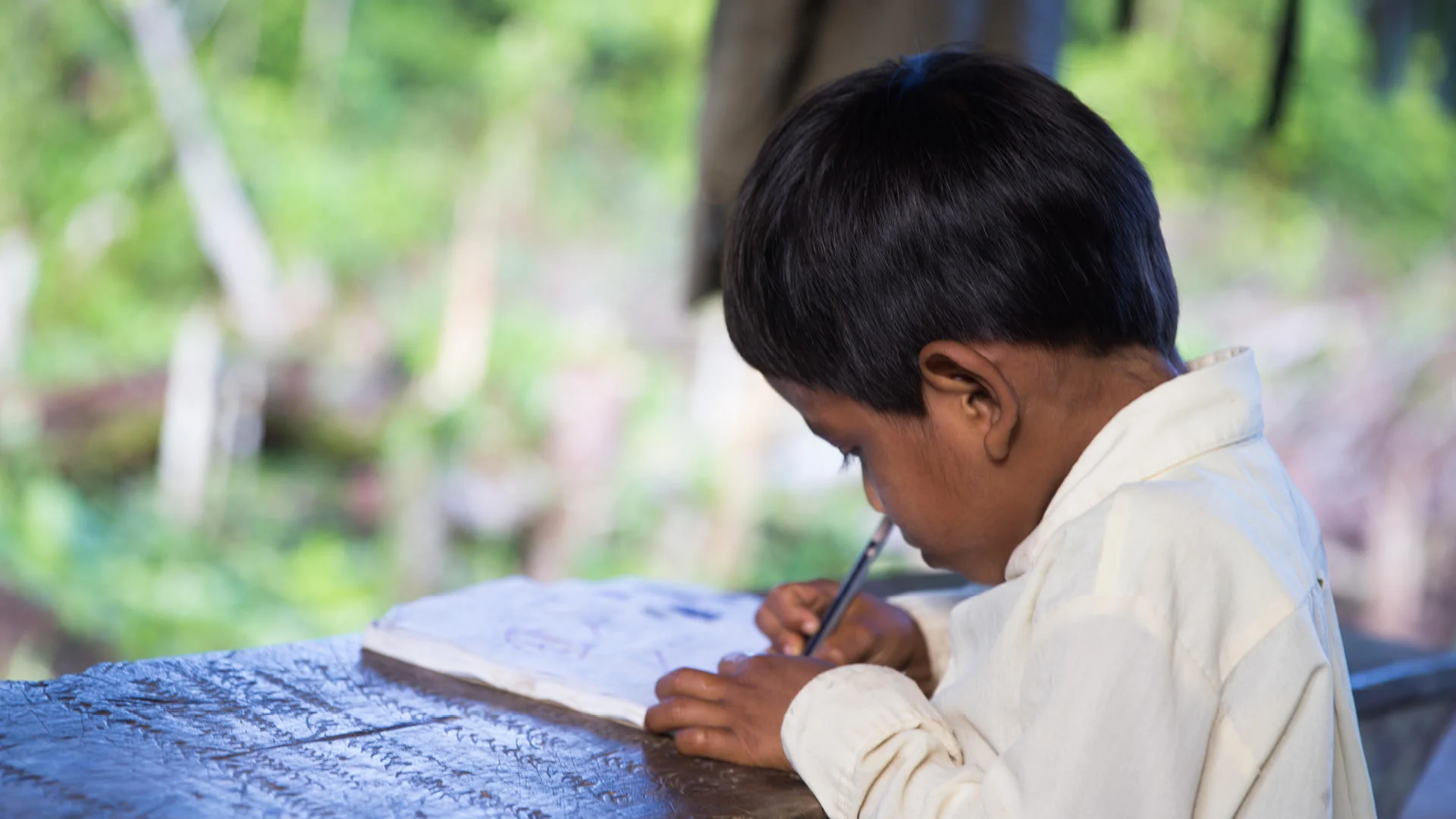
If Western ideals aren’t relevant to their daily lives, how can we understand Urarina society?
Living with the Urarina: the methods of a social anthropologist
Since 2005, I’ve been regularly visiting and immersing myself in the everyday lives of the Urarina people who live along the Chambira River in the Department of Loreto, in the Peruvian rainforest. Having lived with them for extended periods, they know me well. I can speak the language (more or less), and over the years I’ve managed to build up trust, even friendship.
The Urarina live a mostly subsistence lifestyle, based on hunting, fishing, and small-scale horticulture, in a low-lying, swampy and inaccessible part of the Amazon basin where visitors are few, and the presence of the state and the market economy can be hard to detect. The language they speak is an isolate, entirely unrelated to any other known language. Social relations tend to be informal and immediate, personal autonomy is paramount, and coercive power is virtually non-existent.
The Urarina’s basic unit of social organisation is the lauri, which means literally "group", but refers to the close-knit group of kin, or extended family, who share food and living space over a period of time, and work together on shared activities for a common purpose. This is a political space in which, as the German philosopher Carl Schmitt once put it, the fundamental existential distinction is between friend and enemy: there’s little or no neutral ground.
The emotions of "justice" in the lauri
If Western ideals aren’t relevant to their daily lives, how can we understand Urarina society? I argue it is possible to map out what we might think of as a distinctly Amazonian sense of justice through an examination of the moral and political dimensions of key everyday emotions. Justice as a kind of emotional thread, in other words, running through the fabric of everyday lived experience.
One of the key emotions that is fundamental to understanding the Urarina is suujua acatiha. Literally translated, suujua acatiha means to defend or forgive the heart-soul (of another), although I find it helpful to translate as "defence-respect".
For the Urarina, feeling and displaying defence-respect generally means assuming a responsibility of care for someone, as an active commitment, while maintaining an appropriate distance. It’s an attitude, but also a skill and political concept, because it lies at the heart of the Urarina arts of diplomacy and civility.
Whereas the Western concept of respect is founded in a universalist conception of dignity and common humanity – people are worthy of respect simply because they’re autonomous human beings – the Urarina concept acknowledges not their fundamental sameness to oneself, but their very difference or otherness, and the ways in which that person is in some deep sense unknowable.
As a result, the Urarina steadfastly refuse to explicitly put themselves in someone else’s shoes. To be respectful towards others, they downplay knowledge of their mental states; refusing to compare specific individuals to one another or give any form of appraisal of their relative aptitudes or skills. There’s a kind of evaluative abstinence in play in turning a blind eye to peoples’ faults, but also their merits, which in practice turns out to be a very powerful way of asserting equality.

Of course this is not the only emotion that helps us understand Urarina’s sense of justice. Coehija (shame/embarrassment), caichaojoaa (pity/compassion); and obaica (rage/vengeance) also play key roles in Urarina everyday life.
I argue that these emotions are the emotional core of a distinctly Amazonian sense of justice: a set of embodied, emotional dispositions that underwrite and maintain the particular form of cooperation that is the lauri, or kin group. But this is only part of the story. From the 1970s, a new form of social organisation has been growing in prominence and importance - what’s known as the "Native Community" – which is changing their relationship to concepts of fairness and deservedness.
In the past, there were few if any mechanisms for resolving disputes, other than the departure and relocation of one or both parties. Today, a more sedentary lifestyle has forced people to figure out new ways of resolving conflicts.
The "Native Community": a new social contract?
Towards the end of the 20th century, pretty much all the indigenous peoples of the Upper Amazon basin began to transition from their characteristically mobile lifestyle based around small, dispersed, autonomous groups comprised mostly of close kin, to a more sedentary and "collectivistic" existence in stable, legally-recognised "communities".
Following the Peruvian government’s introduction of the 1974 Law of Native Communities, the Urarina’s traditional lifestyle began to change. In return for formal land title, they formed stable "communities", with ever greater numbers of people living together, as neighbours, in a space centred around a plaza (or football field), and an ever-growing series of official "roles" for people to occupy.

Living in communities has meant developing new skills for getting along with others
This new institutional structure of formal leadership and collective ownership of land exists in a kind of tension with still-dominant values of individualism and personal autonomy. In the past, there were few if any mechanisms for resolving disputes, other than the departure and relocation of one or both parties. Today, a more sedentary lifestyle has forced people to figure out new ways of resolving conflicts. For example, minor misdemeanours can now be "punished" by locking people up in a small prison cell for a set number of hours.
In tandem with this shift has been a rise in prominence of a new way of speaking about what matters, or is worthwhile, often framed in terms of rights, duties, and other general principles such as equality or fairness. At the same time, a younger, more modern generation of leaders speak about such topics as Urarina peoples’ equal "rights" under "the law". These same leaders speak often about the need for all community members to "collaborate", to "work together" and contribute "equally" to common projects, such as the upkeep of the school, for the advancement of the community.
All this appears to stand in tension with the system of moral emotions, based on the lauri, or small kin group.
So how can we make sense of this?
Moralities of cooperation
I argue that this can be understood through examining the way the changes in Urarina communities have impacted the way individuals need to cooperate. In the context of small, relatively tight-knit kin groups, Urarina peoples’ moral and ethical lives play out through a specific set of embodied emotional dispositions that result in a particular way of getting on with others. It's focused on the management of personal boundaries, and very effectively prevents the build-up of hierarchy or coercion.
But as people are compelled to establish wider networks of cooperation - in this case by forming stable communities for the first time - a new set of skills is needed. A more abstract moral discourse emerges as a way of framing other people as neither friends nor enemies, necessarily, but simply fellow citizens. Equality emerges as a formal principle, but based more on "fairness" than "respect", as emotional responsiveness to others gives way to reason and calculation. At the same time, in practice, society grows more unequal, and new forms of coercion emerge.
In a time of escalating inequality and ecological crisis, anthropology has an important role to play in expanding our moral and political imaginations. Embodied, emotional dispositions alone cannot readily solve problems of complex, large-scale coordination. But the Urarina example shows us that emotions are not incompatible with justice. In fact, only by cultivating appropriate emotions can we hope to achieve a more just society.
Images: Harry Walker
Download a PDF version of this article

